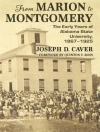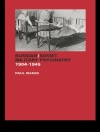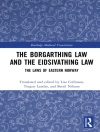The first comprehensive history of efforts to vaccinate children from contagious disease in US schools.
As protests over vaccine mandates increase in the twenty-first century, many people have raised concerns about a growing opposition to school vaccination requirements. What triggered anti-vaccine activism in the past, and why does it continue today? Americans have struggled with questions like this since the passage of the first school vaccination laws in 1827.
In Vaccine Wars, Kim Tolley lays out the first comprehensive history of the nearly two-hundred-year struggle to protect schoolchildren from infectious diseases. Drawing from extensive archival sources—including state and federal reports, court records, congressional hearings, oral interviews, correspondence, journals, school textbooks, and newspapers—Tolley analyzes resistance to vaccines in the context of evolving views about immunization among doctors, families, anti-vaccination groups, and school authorities. The resulting story reveals the historic nature of the ongoing struggle to reach a national consensus about the importance of vaccination, from the smallpox era to the COVID-19 pandemic. This well-researched and engaging book illustrates how the history of vaccination is deeply intertwined with the history of education. As stopping the spread of communicable diseases in classrooms became key to protection, vaccination became mandatory at the time of admission to school, and the decision to vaccinate was no longer a private, personal decision without consequence to others.
Tolley“s focus on schools reveals longstanding challenges and tensions in implementing vaccination policies. Vaccine Wars underscores recurring themes that have long roiled political debates over vaccination, including the proper reach of state power; the intersection of science, politics, and public policy; and the nature of individual liberty in a modern democracy.












